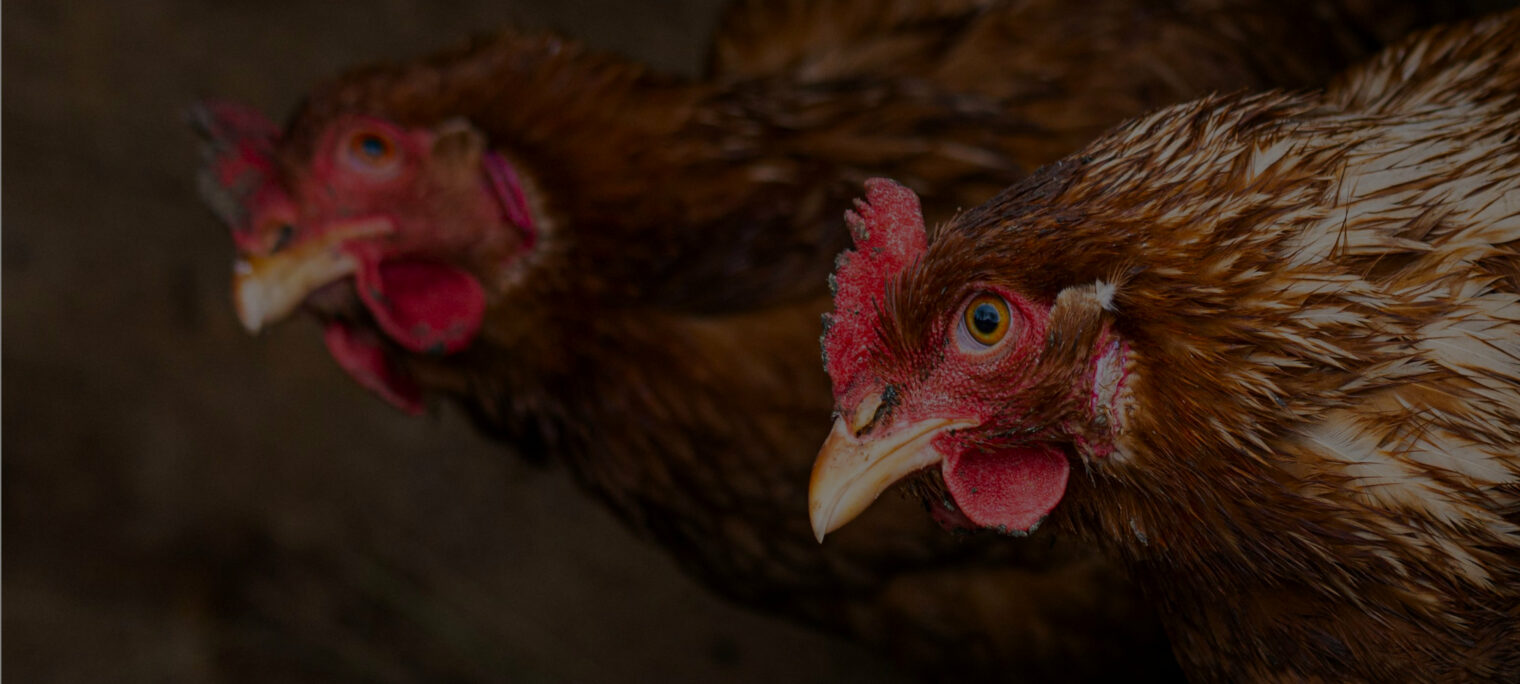- Halal food is food that is permissible for consumption by Muslims according to Islamic religious law.
- Halal products cannot contain any substances derived from prohibited food – the purity of the product is indicated by a halal certificate.
- Special rules apply to meat – its origin from specific species of animals (excluding, among others, predators and pork) and ritual slaughter.
- Halal food is not synonymous with Jewish kosher food – despite similar general principles, there are several significant differences between these terms.
- More and more people from outside the Islamic faith are turning to halal food due to its safety, high quality, and health benefits.
Contemporary society is becoming increasingly multicultural, resulting in a diversity of available products and services catering to the needs of different religious and ethnic groups. One of the key concepts that often arises in the context of food consumption and production is halal. What does halal mean, what are the principles of products designated as halal, and how does halal differ from kosher? In this article, we will attempt to answer these questions.
What does halal mean?
Halal is an Arabic word meaning “permissible” or “legal.” In the context of Islamic law, this term refers to anything that is in accordance with Sharia, Islamic religious law. Sharia encompasses a wide spectrum of Muslim life, including principles related to nutrition. Halal products are those that have been produced, processed, transported, and stored in a manner acceptable to Sharia. This applies not only to food but also to other products and services: medical, cosmetic, or clothing.
Halal Food Principles
The basic premise of halal food is to exclude products that are unacceptable from the standpoint of Sharia. Prohibited products, which should be avoided, are called haram. They can harm the body of a Muslim, as well as his mind and soul.
The list of prohibited products includes:
- alcohol and all addictive substances,
- blood and products containing blood,
- poisonous, dangerous, or intoxicating animals and plants (unless toxins can be removed during preparation for consumption),
- snakes and amphibious animals (e.g., frogs, crocodiles),
- worms, ants, bees, flies,
- pests (e.g., rats, scorpions),
- meat from sick, aged, or accidentally killed animals,
- meat from predatory animals with fangs and claws, as well as birds of prey,
- meat of such animals as: pork, wild boar, monkey, donkey, mule, dog,
- meat of other animals that have not been slaughtered according to halal rules.
The slaughter process according to halal must be carried out by a mentally healthy and knowledgeable Muslim who recites the blessing words (Bismillah) while directing the animal’s head towards Mecca. The halal-compliant slaughter method, known as Dhabihah, requires one swift cut of the throat with a properly sharpened knife. This ensures the rapid severance of the major arteries, veins, trachea, and esophagus, causing immediate cessation of blood flow and minimizing the animal’s suffering. The animal at the time of slaughter should be alive, healthy, and conscious. Confirmation of the performance of ritual slaughter in accordance with halal is a halal certificate issued to the meat.
What is considered halal products?
Sharia requires Muslims to eat foods that have a positive impact on their physical health, mental well-being, self-development, behavior, and overall quality of life. A healthy halal diet attracts not only Muslims but also others. Halal food primarily includes healthy vegetables, fruits, grains, eggs, honey, as well as high-quality milk and meat from animals allowed for consumption (poultry, beef, lamb). As for spices, strong, aromatic ingredients with a positive effect on the body are used, such as: curry, saffron, cardamom, cinnamon, thyme, oregano.
Halal food and its production rules are not limited only to meat and ritual slaughter. Halal food includes a wide range of food products, including beverages, processed foods, sweets, and other ingredients that meet the requirements of Islamic law. They cannot be derivatives of prohibited products, and their production must be free from contamination with forbidden substances, as well as pathogens. This includes not only the product composition but also the cleaning and maintenance of production lines.
Fake halal products and those containing ingredients from prohibited products can be a problem in the market. This includes food containing gelatin, collagen, or lard from pigs, as well as cosmetic products: oils, enzymes, and other derivatives of forbidden ingredients. The issue of whether genetically modified food (GMO) is halal is still debated.
Halal vs. Kosher – Do These Terms Mean the Same Thing?
Although the principles of halal and kosher (dietary laws in Judaism) have much in common, there are significant differences between them, so the terms cannot be used interchangeably. Both systems share prohibitions on certain types of meat and the requirement for ritual slaughter, but the rules of kosher are more complex than those of halal regarding the ritual slaughter of animals, e.g., regarding the person performing it.
Differences also concern the type of meat. Halal includes rabbit meat, wild chickens, ducks, geese, and crustaceans, which are not kosher. Moreover, enzymes derived from prohibited animals are not considered halal, but they are considered kosher.
Kosher rules are stricter regarding the separation of meat from dairy products – dairy and meat should not be combined in one meal, there should be a certain time interval between consuming these products, and meat and dairy dishes should be prepared in separate utensils.
Halal, on the other hand, does not prohibit mixing meat with milk and is generally more flexible regarding food processing. Kosher, on the other hand, requires special preparation and processing methods, especially in the production of cheese and wine. Another difference is that wine as an alcoholic beverage is allowed according to kosher rules but not according to halal.
In summary, Muslims often opt for kosher food, which is mostly also halal, but halal products are not always kosher.
Halal Food in Poland
There are more and more followers of Islam in our country – apart from the Tatars practicing this religion in Poland for many generations, the number of immigrants from Arab countries is also increasing. However, halal food is still not popular in Poland. Ritual slaughter was illegal in our country until 2004. It is still a contentious issue in Polish law – currently, only stunning slaughter of animals is recognized.
Halal slaughter of animals in Poland mainly concerns poultry production and is geared towards export. In the years 2015-2017, 9-22% of produced poultry consisted of halal meat. Halal food can be purchased in our country’s capital and online. Due to the difficult availability of halal meat, some Muslims refrain from consuming animal products and opt for vegetarianism. Sometimes, less conservative followers of Islam also choose to buy regular meat or kosher products, reciting the Bismillah formula before consuming them.
The Impact of Halal on the Global Economy and Society
The halal products market is growing dynamically, reaching a value of billions of dollars annually, opening up new opportunities for food producers, restaurateurs, and investors. Knowledge of and adherence to halal principles not only expand the potential customer base but also build trust among Muslim consumers, who are becoming an increasingly large target group in many countries worldwide. Moreover, halal is not only about dietary practices – this philosophy also influences tourism and recreation, the service industry, health, and even communication.
Practicing halal helps promote tolerance and mutual understanding, allowing for better coexistence of diverse communities. Non-Muslim consumers are increasingly reaching for halal-labeled products, which speaks not only to their compliance with religious principles but also to the safety and hygiene of production. Halal food is also associated with high quality and purity, as well as products that are beneficial to the body, improving well-being and overall health. Excluding such products as pork, blood, alcohol, or drugs is undoubtedly beneficial to health.
Production of food with a halal certificate is needed not only for Muslim consumers who lack certainty in distinguishing halal food from prohibited products or those containing unspecified origin ingredients but also for the entire society, which attaches increasing importance to health and the high quality of consumed products.
Summary
Halal is not only a way of eating but also a part of a broader religious and cultural practice that affects various aspects of life for many people worldwide. Islam is the world’s second-largest religion, after Christianity. As society becomes much more globalized, understanding and accepting various dietary practices will be key to supporting tolerance and intercultural cooperation.
Understanding what halal means and what rules determine halal eating is essential not only for Muslims who adhere to these regulations but also for food producers and gastronomy professionals who want to meet the requirements of this growing market segment. Knowledge about halal and its principles enables more informed decision-making by both consumers and professionals in the food industry, opening up new opportunities and market niches for them.








